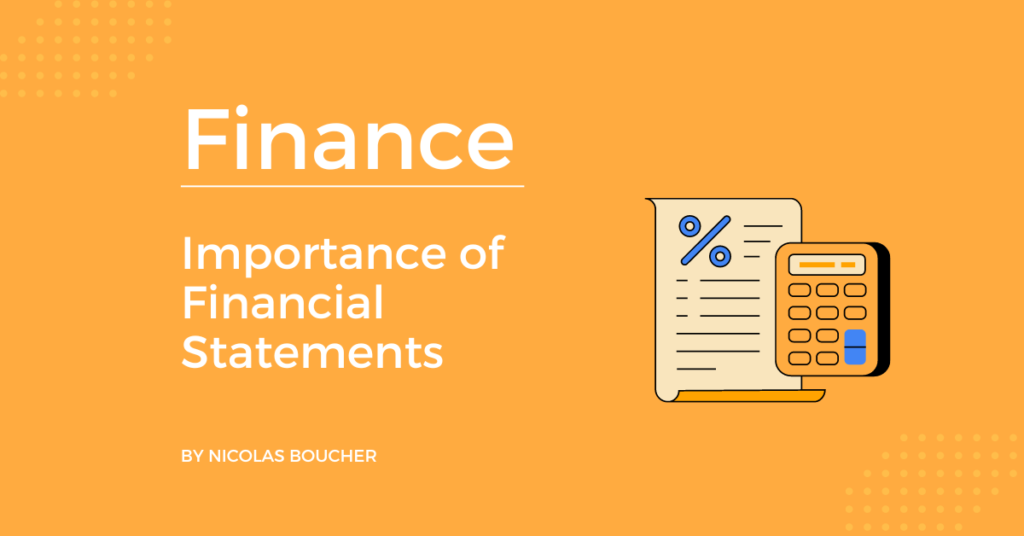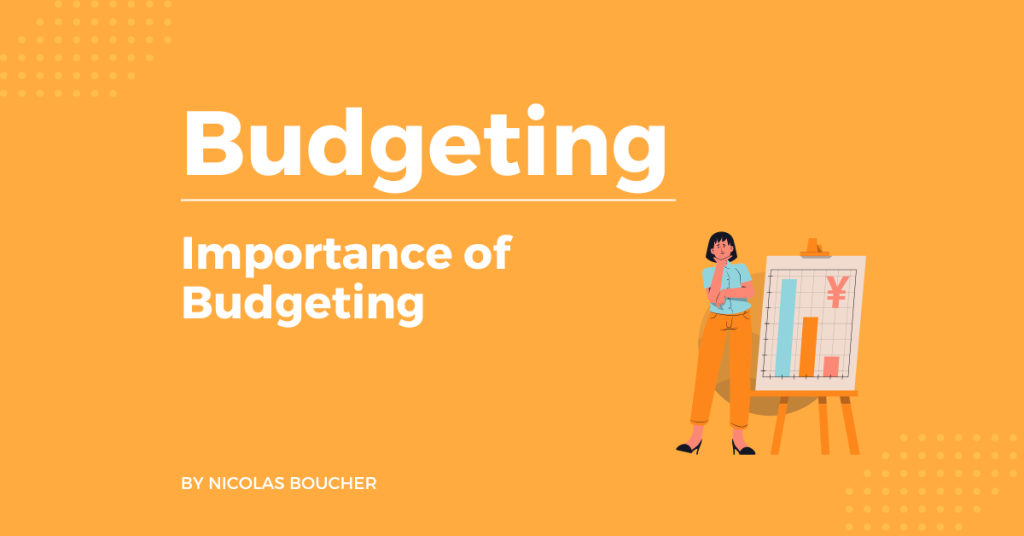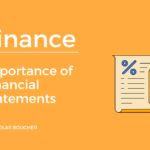Business partnering is nothing new. The need for business partnerships is more important than ever, though, as the commercial environment of today grows more unreliable and chaotic. As a result, you require business partnering skills to succeed in financial planning and analysis.
A company’s ability to make decisions quickly and effectively is becoming increasingly important to its success and might provide it the lead over competitors. Furthermore, businesses are demanding more from the finance function, according to a new study done with top executives from around the world.
Table of Contents
What Is Business Partnering?
Business partnering is the use of functional knowledge in one department of the company (typically finance) to improve decision-making in business units throughout the whole company. Therefore, the timeliness and quality of choices that affect the organization’s bottom line and ultimately generate business value may be improved through effective business partnerships.
Financial leadership has a greater chance than ever to directly influence the development and fate of the company.
But in order to be great business partners, they must possess a unique blend of technical and behavioral skills, including an awareness of the business and what drives the numbers, as well as strong interpersonal and leadership abilities.
Business Partnering Skills
Here are the most important business partnering skills you need to possess.
- Business acumen. It’s important to have a thorough understanding of the organization’s many functional divisions and its position in the market. A business partner shouldn’t be reluctant to work across many departments. Instead, they must take the time to get to know the individuals and issues that exist across the whole firm.
- Strategic thinking. A business partner serves as a consultant in this paradigm. As a result, one must posses skills at both scenario preparation and strategic thinking. The position calls for the capacity to evaluate organizational requirements, forecast consequences, and implement changes.
- The mentality of problem-solving. As a consultant, a business partner will confront difficulties head-on. A partner needs to be able to carefully lead a team toward potential solutions while also analyzing data.
- Collaboration skills. Exceptional interpersonal skills are a need. These people must be skilled communicators with a range of audiences. Managers and executives must communicate with assurance while facilitating challenging conversations.
- Technical expertise. Business partners can use digital technologies to make data-driven decisions. For example, managing and analyzing data frequently use business intelligence software. Other kinds of software, such as workforce management software for human resources, may be required depending on the demands of the firm.
- Possess the capacity to convert data into useful insights. Those with whom you are collaborating do not understand the financial language you have spent years learning. Effective business partners can interpret the data into a business narrative with takeaways that others can comprehend and use.
- Be open to collaborating in unusual ways. Keep in mind that you are working with new business functions, which calls for new skills. It’s possible that your message won’t be heard the first time. The need for endurance necessitates patience.
Advantages of Business Partnering Skills
An organization can experience several beneficial improvements by putting a business partnership model into practice. Among the advantages are:
- Improved efficiency. Executives can decide confidently and swiftly, which might boost the bottom line of the business.
- Reduced expenses. A team may frequently come up with innovative or creative solutions to reduce costs or increase income when a technical strategist is present in the room where choices are made.
- Improved communication. The business partner’s role as a relational manager enables them to link teams, which enhances communication and corporate culture.
In the end, a corporation will discover that it may make more sensible choices and reevaluate tactics that advance the business. This expansion may increase the company’s financial worth and help it succeed.
The Bottom Line
Ultimately, many things are under the scope of FP&A experts. Today, it refers to doing more than only carrying out administrative tasks for the company. But having the necessary business partnering skills, as mentioned above, is essential for effective business cooperation.
Finally, if you want to learn more about how to become a better business partner and FP&A professional, you can choose to take my course and elevate yourself in the Finance world.











